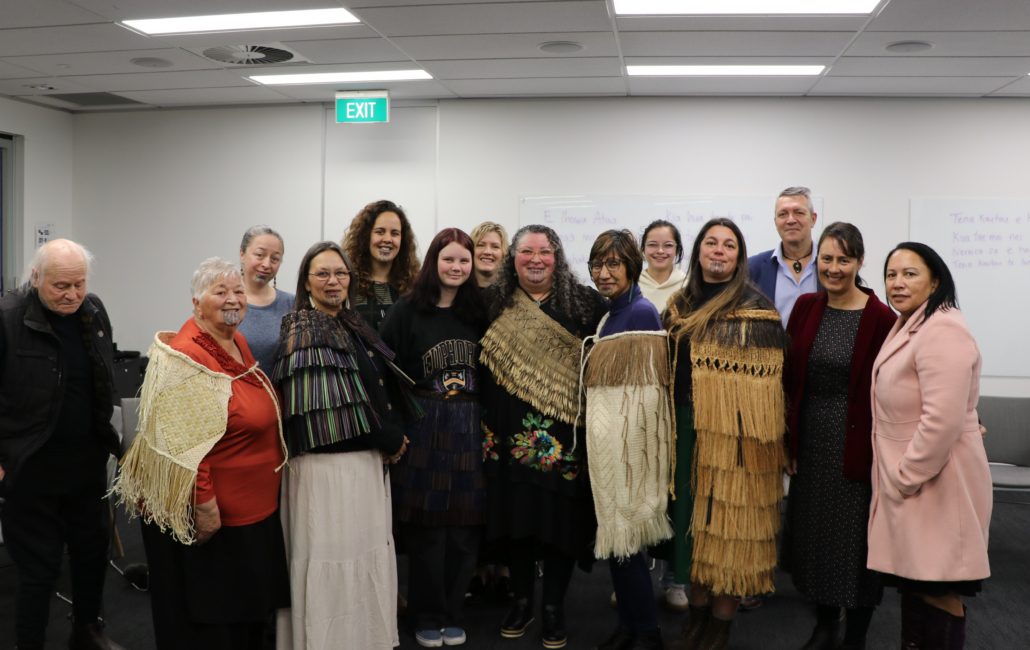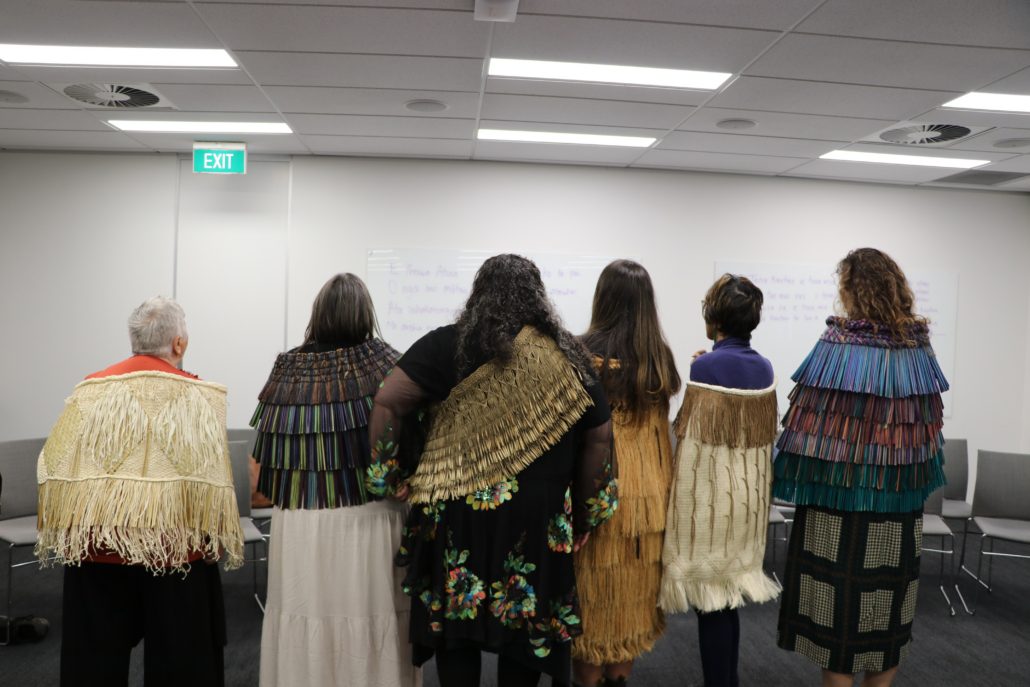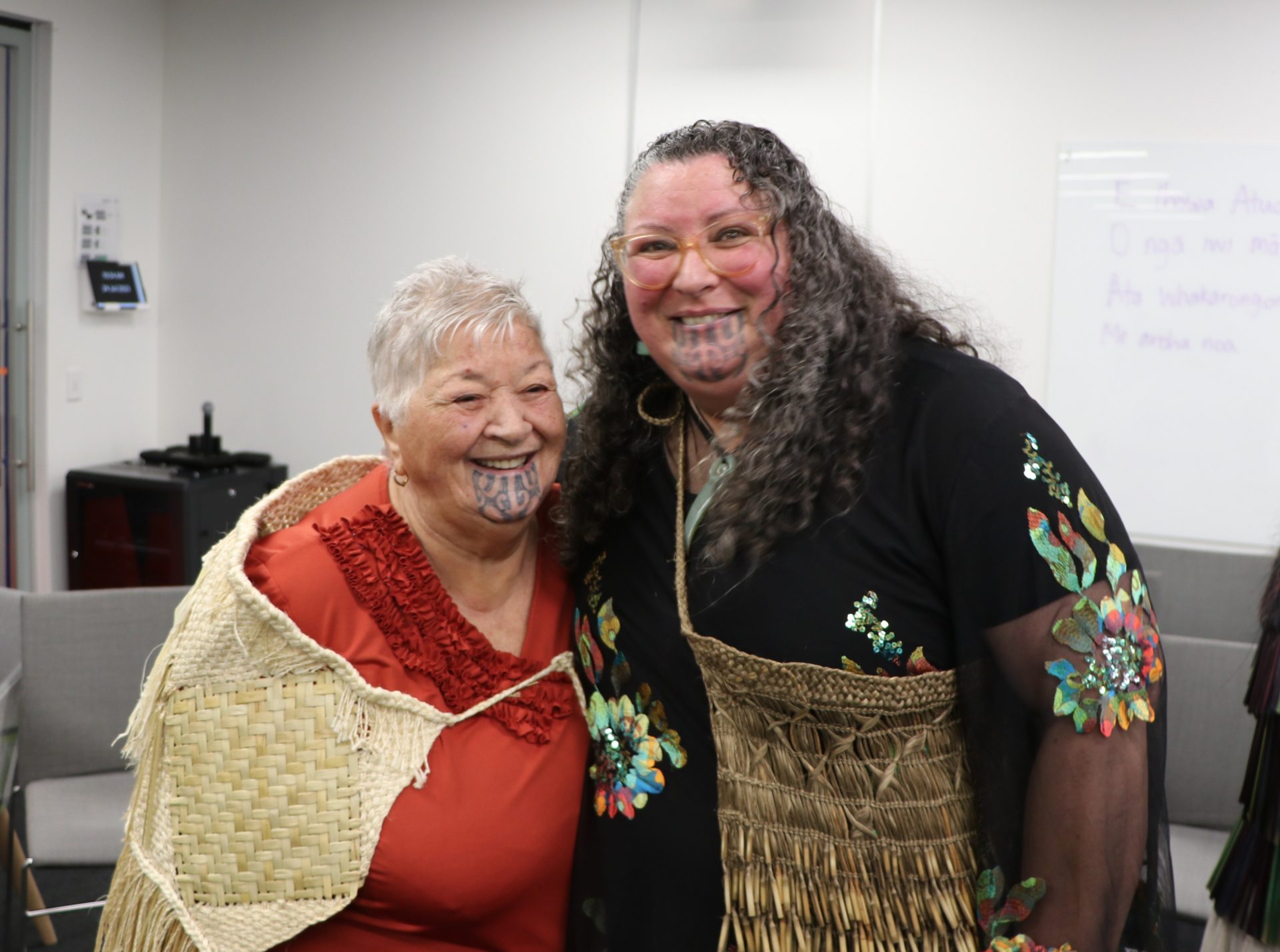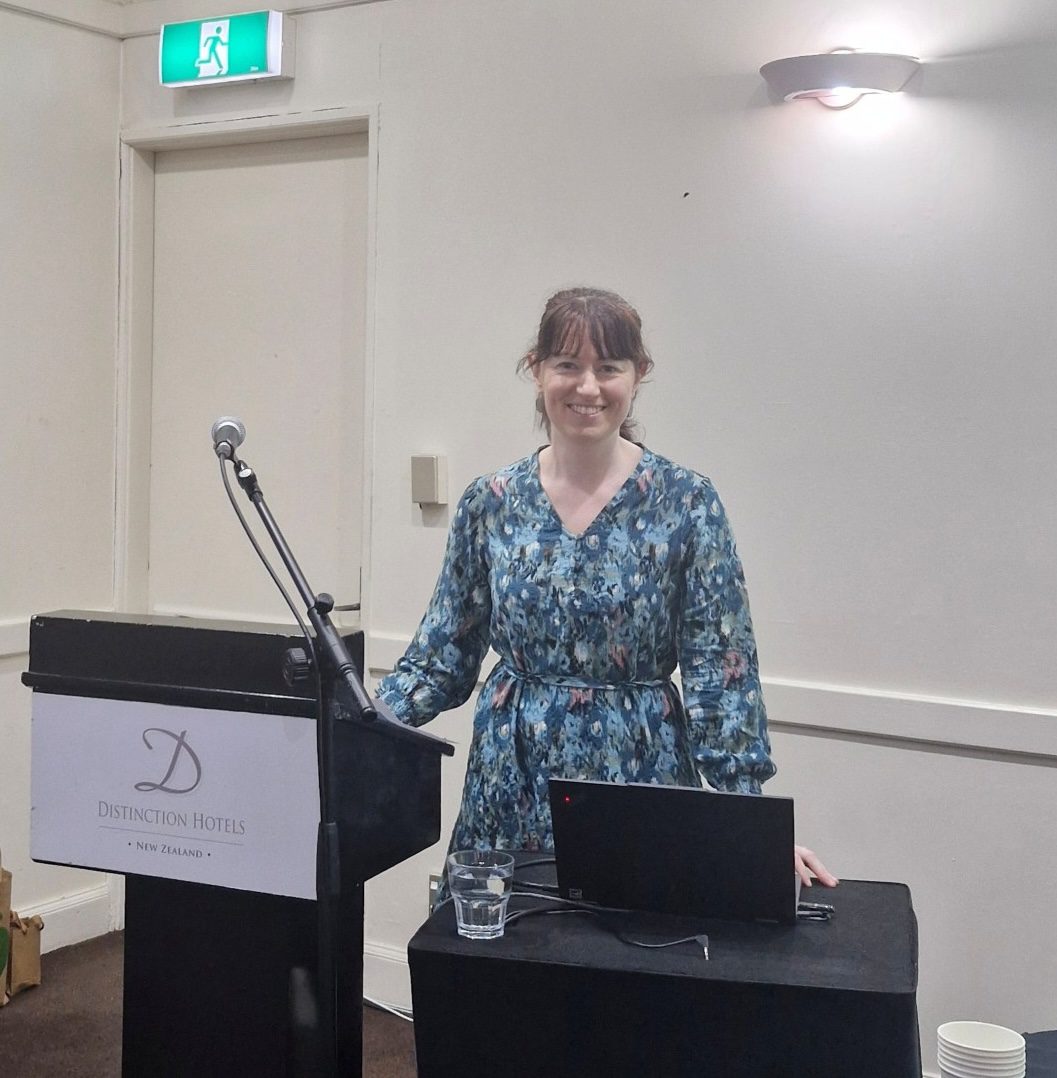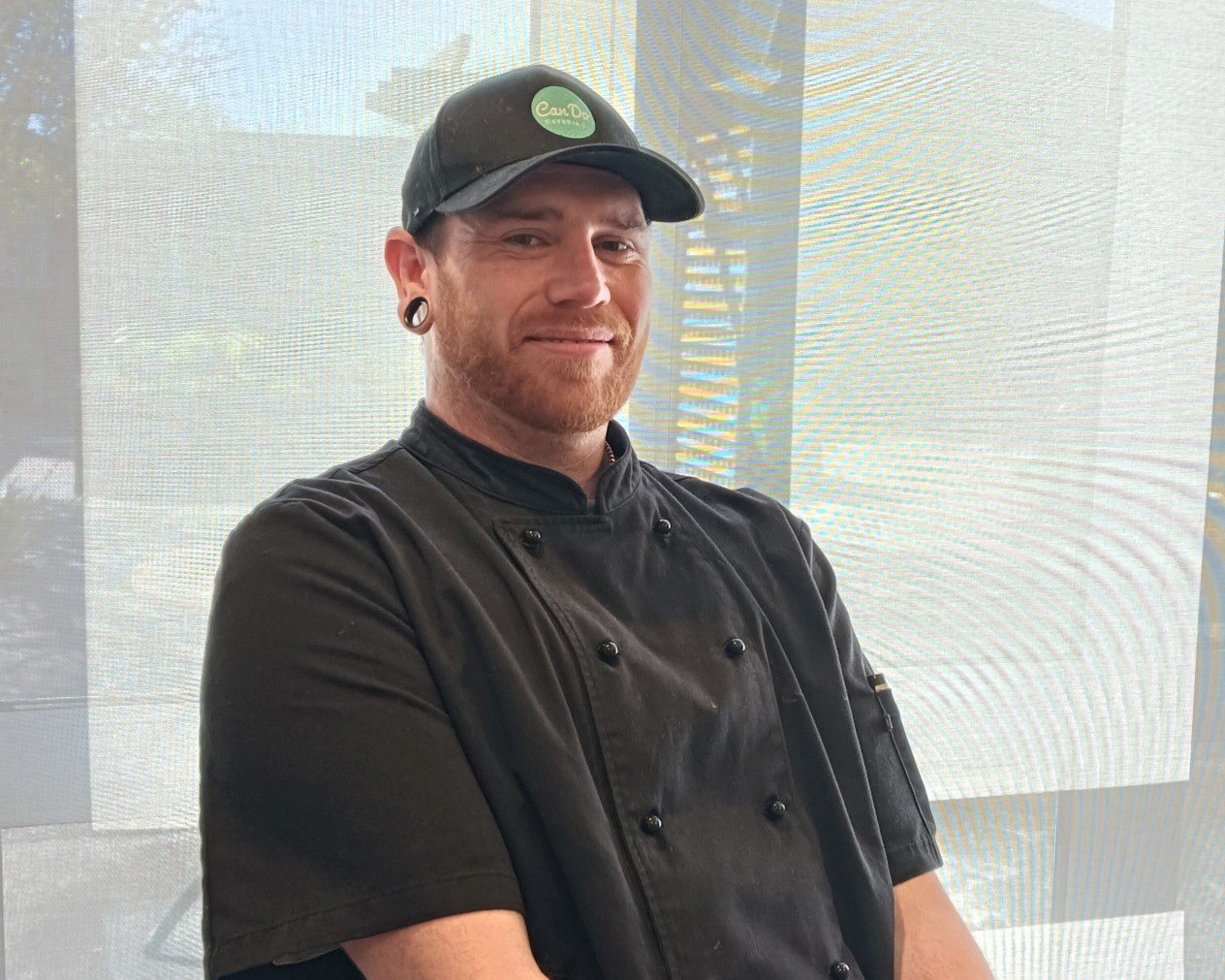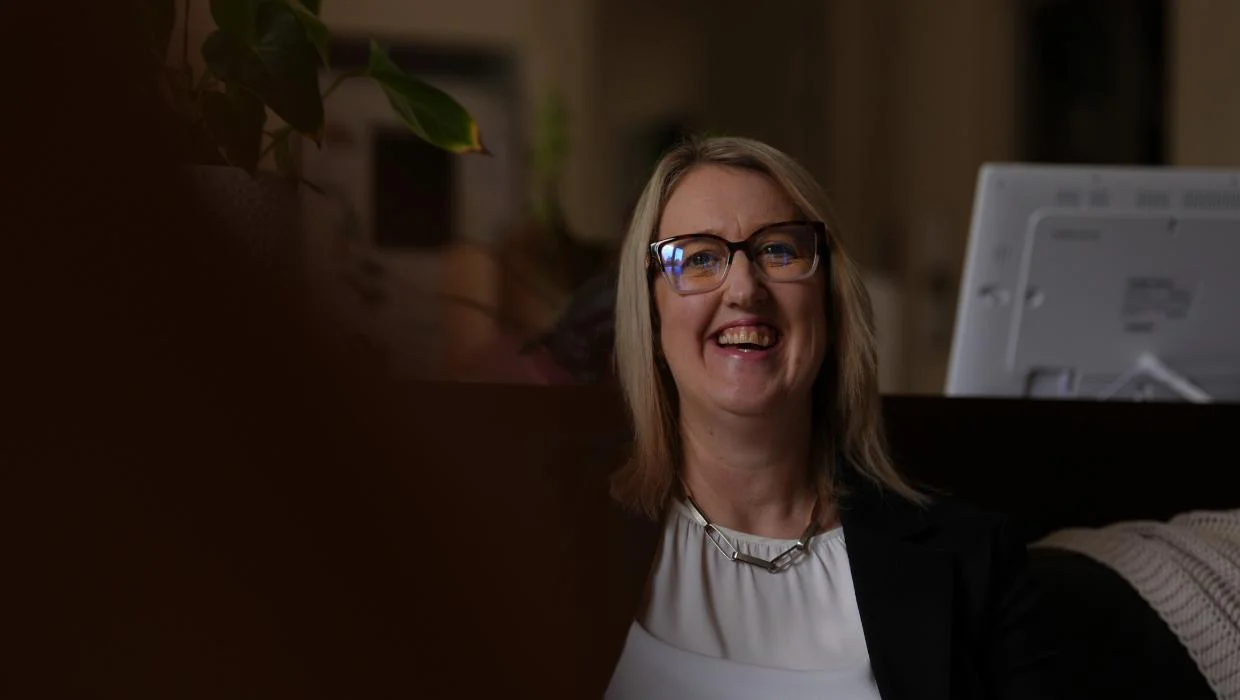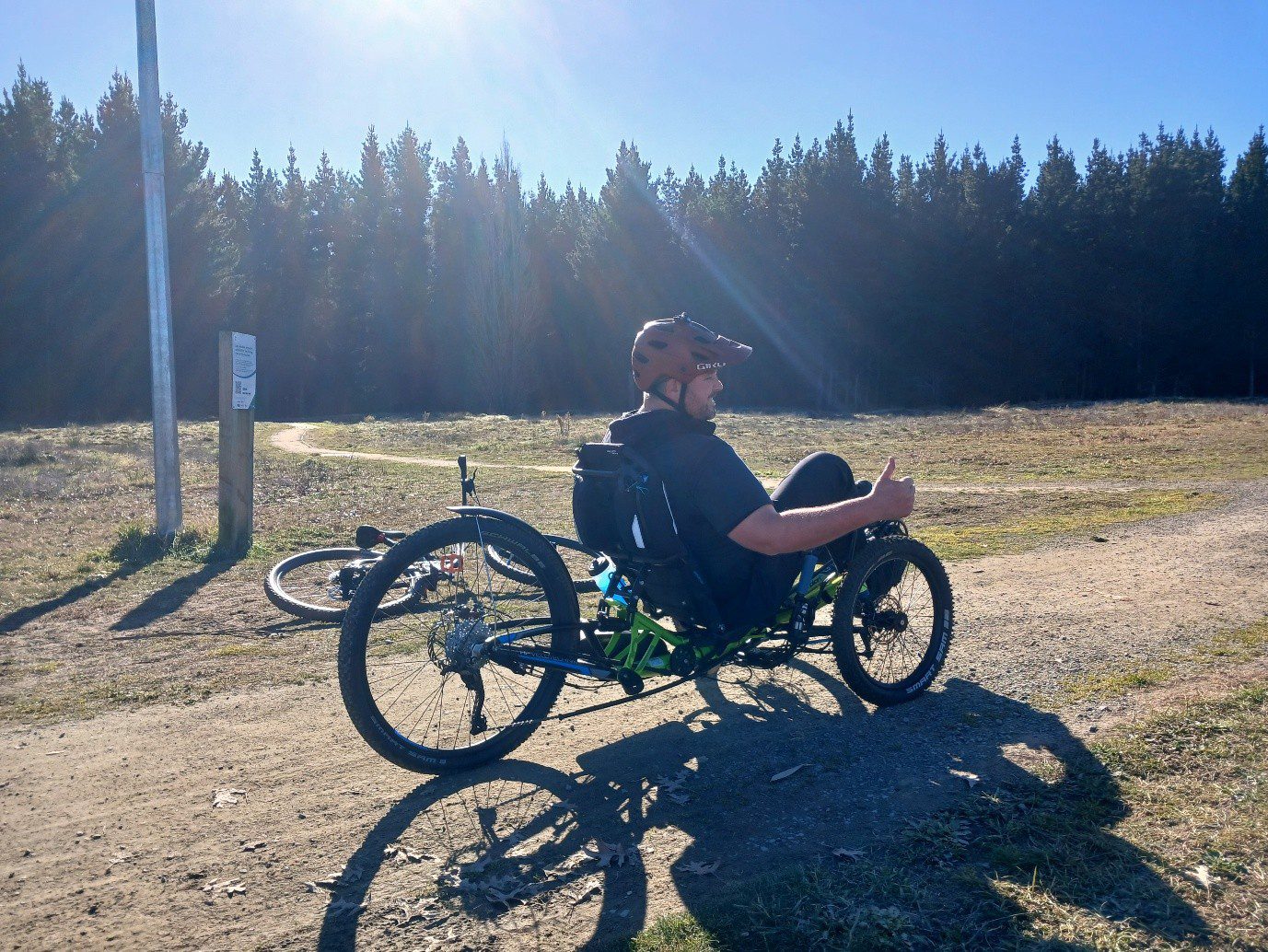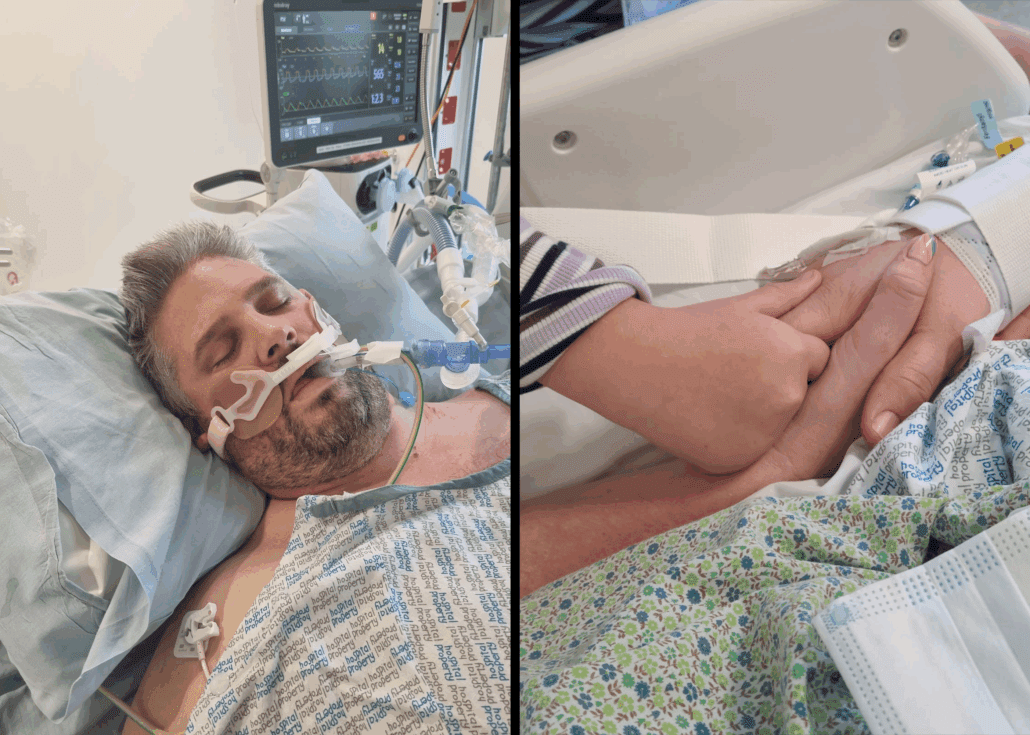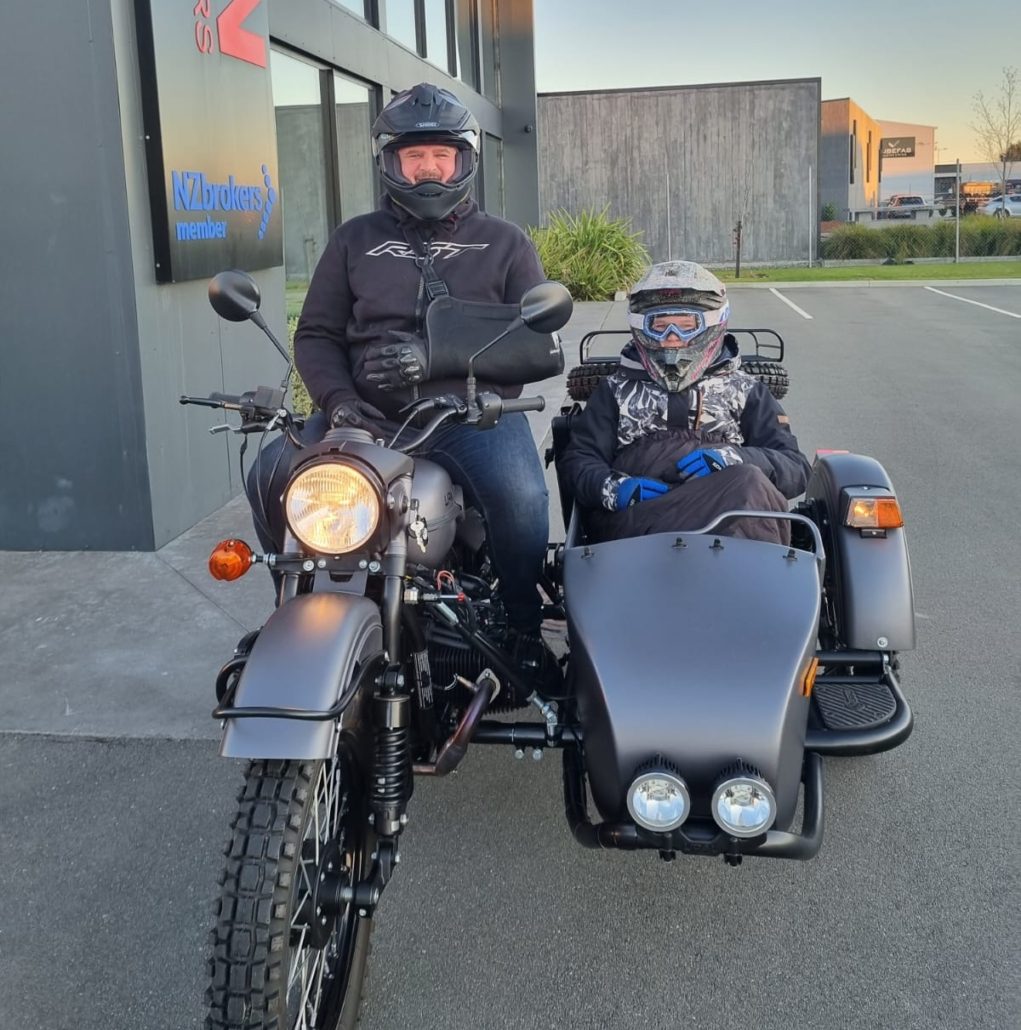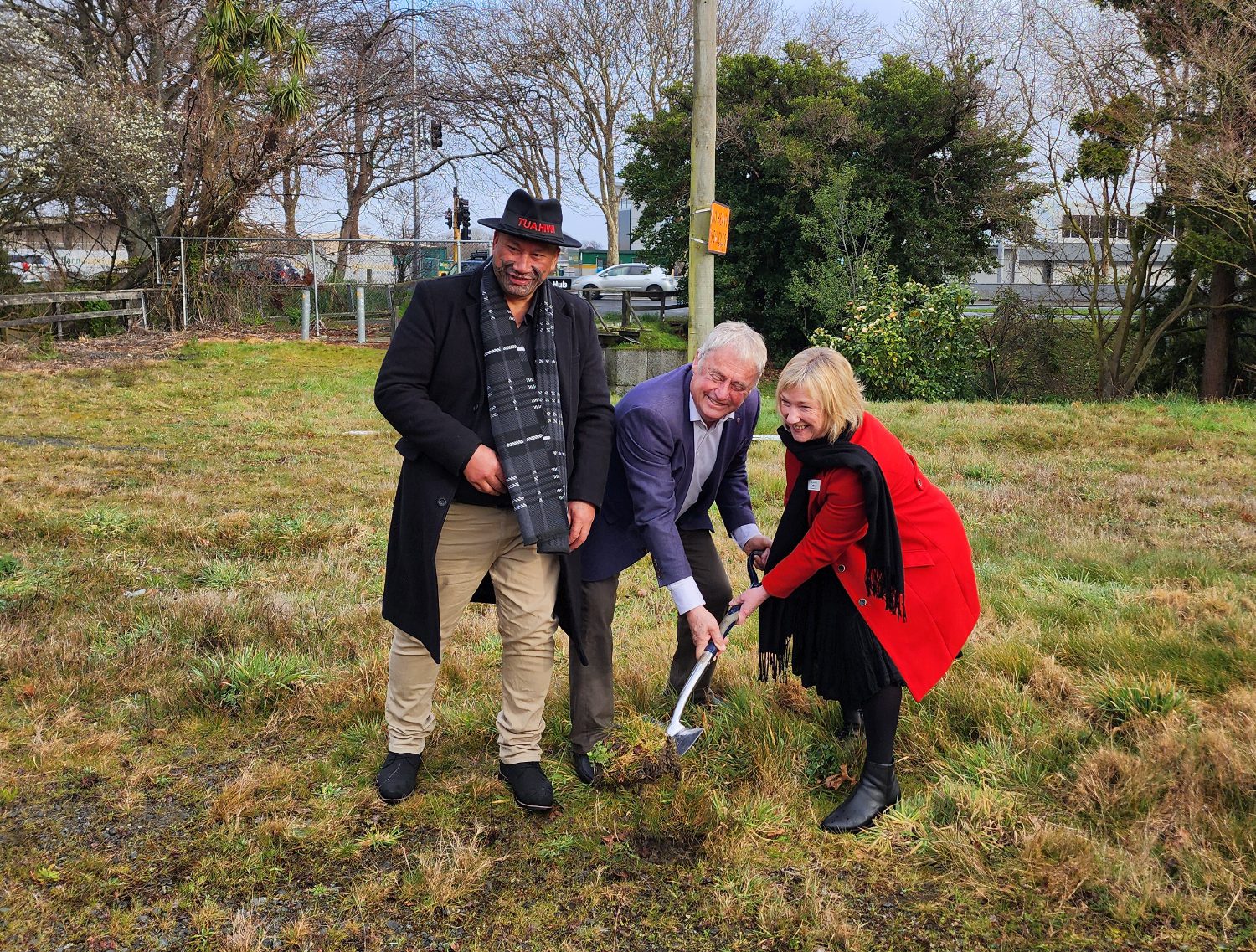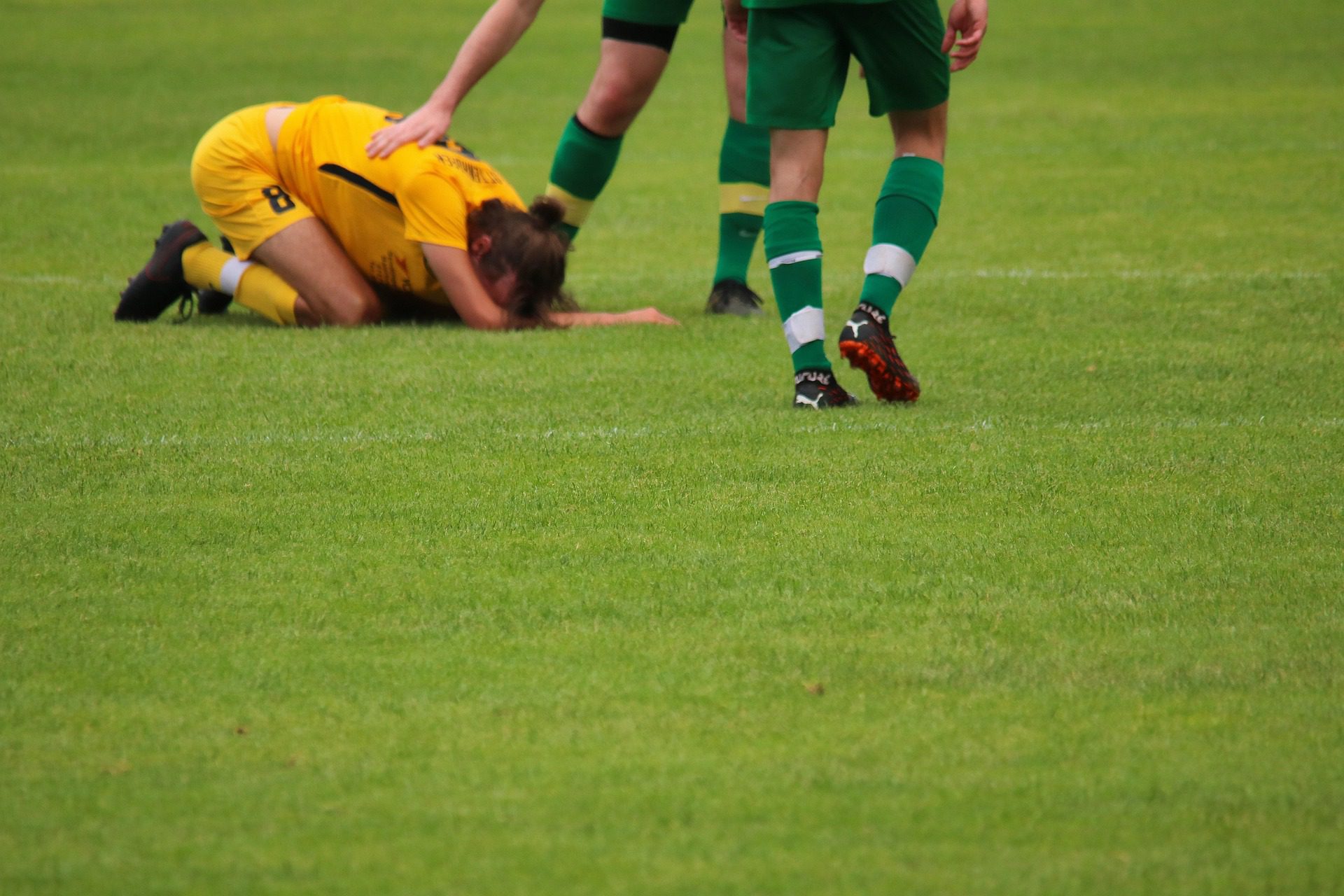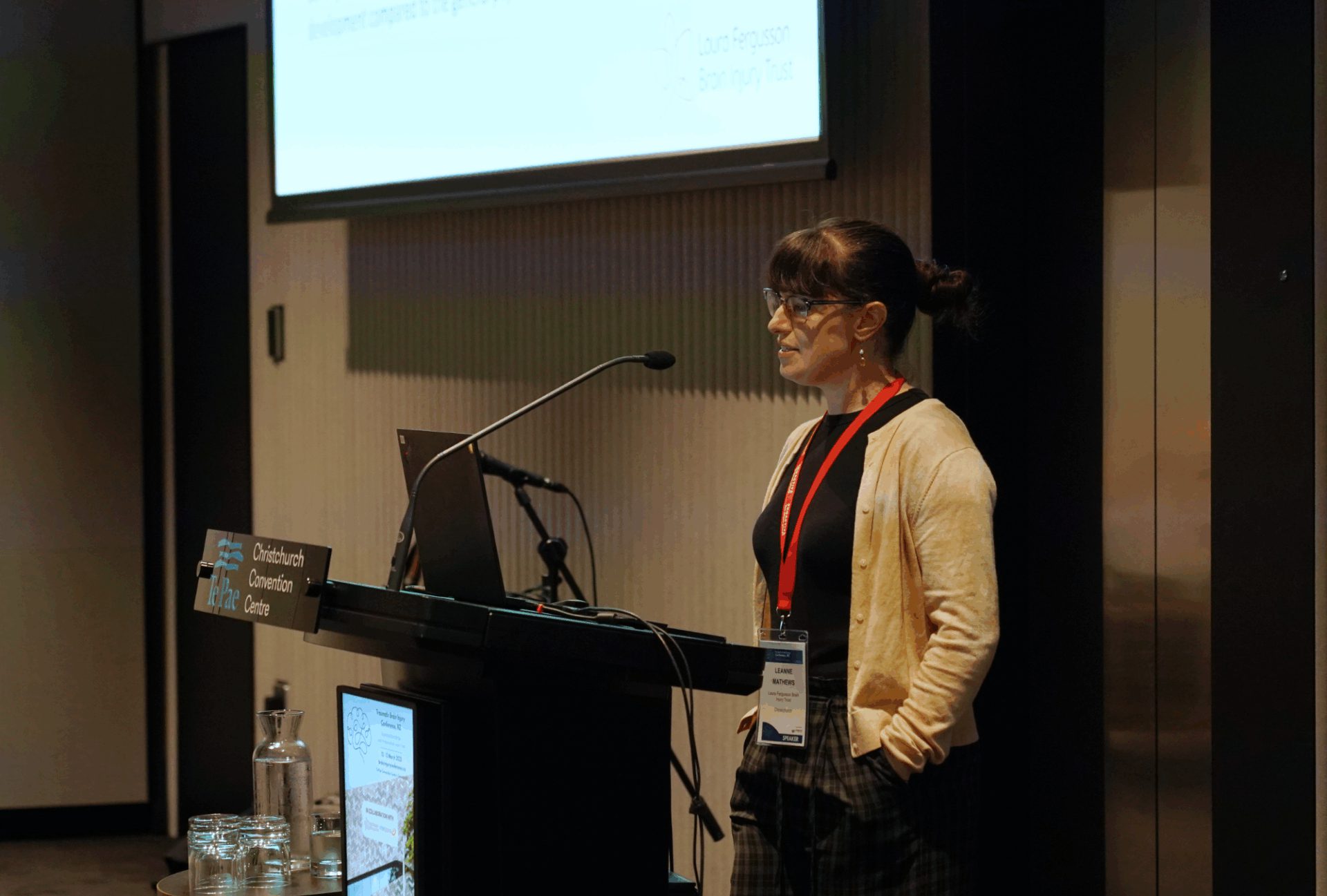In 2025, Laura Fergusson Brain Injury Trust were fortunate to have our first year with Leisa Aumua, the inaugural Pou Ārahi, Māori Health & Wellbeing Lead. Leisa spent her year on building internal and strengthening external relationships, observing Laura Fergusson Brain Injury workplace culture and providing cultural support to prepare the LFBIT environment for bilingual and bicultural integration.
The role encompasses an extremely broad range of responsibilities, as it is three roles in one, and Leisa’s day-to-day schedule is never the same. Her daily activities can involve anything from designing resources, creating strategy, writing policy, providing cultural supervision, delivering learning opportunities, meeting with whānau, writing reports, practicing waiata with team members, challenging systemic barriers, supporting people to be culturally responsive, and sharing terminology, for example, terms like mana-enhancing versus mana-diminishing.
“I wanted to enter this role because I could see the gaps in our communities around how vulnerable people are affected by decisions that non vulnerable people have made,” says Leisa. “I could see the potential of how the whānau that the organisation serves, how the whānau voice is embedded in the work that we do. I wanted to enhance opportunities for that work to grow, and I ultimately wanted to contribute to a better world for my future mokopuna.”
An example of Leisa’s work can be seen in the support of appropriate terminology for the Trust’s values. When Leisa entered the role, LFBIT had established values, and Leisa supported by adding Kai Tahu reo for the consistency of bilingual inclusion. These Uara are:
Manaakitaka – We care; we work with empathy and compassion
Kauanuanutia – We respect; we value and appreciate the people and environment we work within
Kotahitaka – We are inclusive; we work as a team encouraging collaboration
Tika me te Pono – We do it right; we include knowledge, education, and communication to support us in our work
Leisa says what she enjoys most about her work is hearing whānau voice in everything she says and does, and in this, upholding mana whenua in the highest regard. She also enjoys living by the organisational values 24/7 as these are values she holds in her personal life beyond the workplace
For some people, the organisational values might be something that they just do when they’re at work. But through a Te Ao Māori worldview, values are designed to be a code of ethos for living by. So, we shouldn’t just think about them when we come to work, we should always think about them when we’re out living our best lives.
One memorable moment from her first year involved a serendipitous discovery during a home visit. At the beginning of her role, Leisa and her Team Leader were on a home visit with a whānau member who had provided cultural feedback to LFBIT, to let them know and acknowledge that they had been heard and developments were being made to progress cultural inclusion.
“At the end of that visit, the person said, ‘oh, you’re an artist. You can come through and have a look at my art collection’ The person indicated their favourite artwork, and I looked at them and said, ‘I created that artwork!”
As it turned out, it was a piece of art Leisa had once been commissioned in 2019, a piece of art that had been gifted to this person. And the whānau member was like “this is a Toi Ātea piece, Leisa was like I am Toi Ātea.”
“It was a nice linking moment, coming full circle.”
The establishing of the Pou Ārahi role is indicative of Laura Fergusson Brain Injury Trust’s commitment to being a Te Tiriti focused partner, through embedding cultural responsiveness in our services, documentation, systems, policies and relationships.
Leisa is thankful for the commitment and dedication of her colleagues in being available to have healthy dialogue, to understand roles and responsibilities as Tangata Tiriti, and the importance of collaboration, participation and partnerships.
“I look forward to seeing how every Team wants to welcome these changes into their work and ways I can support them.”
Thank you, Leisa, for your incredible and essential work across your first year and into the future!
